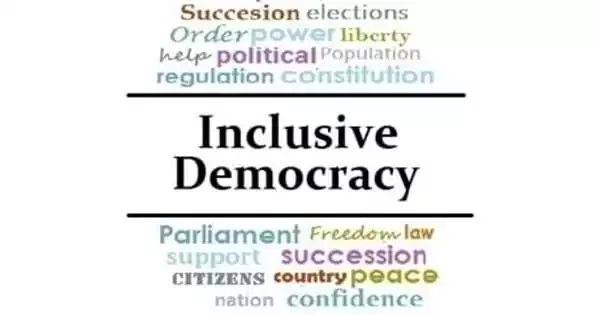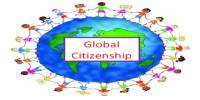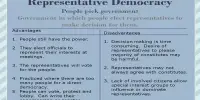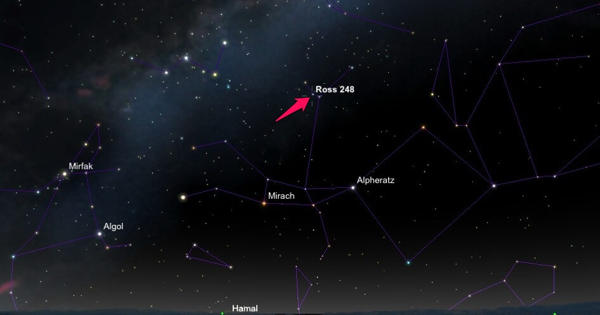Inclusive Democracy is the highest form of democracy because it establishes the institutional foundations for political (or direct) democracy, economic democracy, social democracy, and ecological democracy. At the subjective level, Inclusive Democracy is based on citizens’ conscious choice for autonomy, rather than dogmas, religions, irrational systems, or closed theoretical systems that forbid any questioning of the ultimate grounds of these beliefs as the cornerstone of democracy.
Economic democracy entails the establishment of institutions for collective ownership of productive resources (i.e., the sources of social wealth) as well as collective control over them by democratic assemblies.
The ultimate cause of the current multifaceted crisis (political, economic, social, ecological, and cultural) is the concentration of power in the hands of various elites, which is maintained and reproduced by the dynamics of the market economy system (in its current internationalized form) and its political complement, representative “democracy,” i.e. the economic and political system that emerged in the West only two centuries ago.
The market economy system, which has resulted in the current massive concentration of wealth in the hands of a few, as well as unemployment, underemployment, insecurity, the degradation of social services, and the ecological catastrophe, would be replaced by new institutions of democratic control of the means of production aimed at covering the basic needs of all citizens, as well as securing the individual citizen’s freedom of choice with regard to the covering of health care.
Economic democracy thus ensures the re-integration of society with the economy and replaces the money/market economy, which divides citizens into privileged ones, who can more than cover any real or imagined need they may have, and non-privileged ones, who are unable to cover even their most basic needs.
Ecological democracy entails the establishment of institutions and a culture that ensures the reintegration of society and nature. This means that the goal of economic activity is not the current eco-catastrophic “development” necessitated by competition and profit demands, but the meeting of all citizens’ needs in a way that ensures the true quality of life that only a harmonious relationship between society and nature can provide. Ecological democracy, as a result, cannot be realized within the current market economy system and the resulting “growth economy,” or within any system primarily aimed at growth, such as the centralized system of “actually existing socialism.”
The transition to Inclusive Democracy necessitates the formation of a massive movement at the local, regional, national, and, eventually, continental and global levels aimed at replacing the system of the market economy and representative “democracy” with institutions of direct, economic, ecological, and social democracy. This movement intervenes at all levels (political, economic, social, ecological, and cultural) with the goal of establishing new institutions and cultures.
This intervention manifests itself not only through the creation of alternative forms of individual or social life (“by example”), direct action, or participation in local elections, but also through the combination of these and similar other forms of action, provided that all of these activities are an integral part of a comprehensive political program of radical social change for an Inclusive Democracy. Participation in local elections (the only elections compatible with the goal of Inclusive Democracy) aims solely at the establishment of ID-based institutions and culture on a large social scale.
The ultimate goal is the establishment of dual power in relation to the existing system, as a result of the massive consciousness generated by the struggle against the existing institutions, as well as the struggle for the new institutions and the establishment of the new institutions themselves.
If the majority of citizens accept the principles of democratic organization and participate in the new institutions en masse, no power on Earth will be able to prevent the collapse of the old system of concentration of power in the hands of the few, which is the source of all problems for the majority of the human race.
The intermediate goal is to create a Network of Citizens for Inclusive Democracy, which will aim to create an alternative democratic consciousness through political intervention as well as cultural activities, with the ultimate goal of contributing to the creation of a larger political movement for the transition to Inclusive Democracy.
















